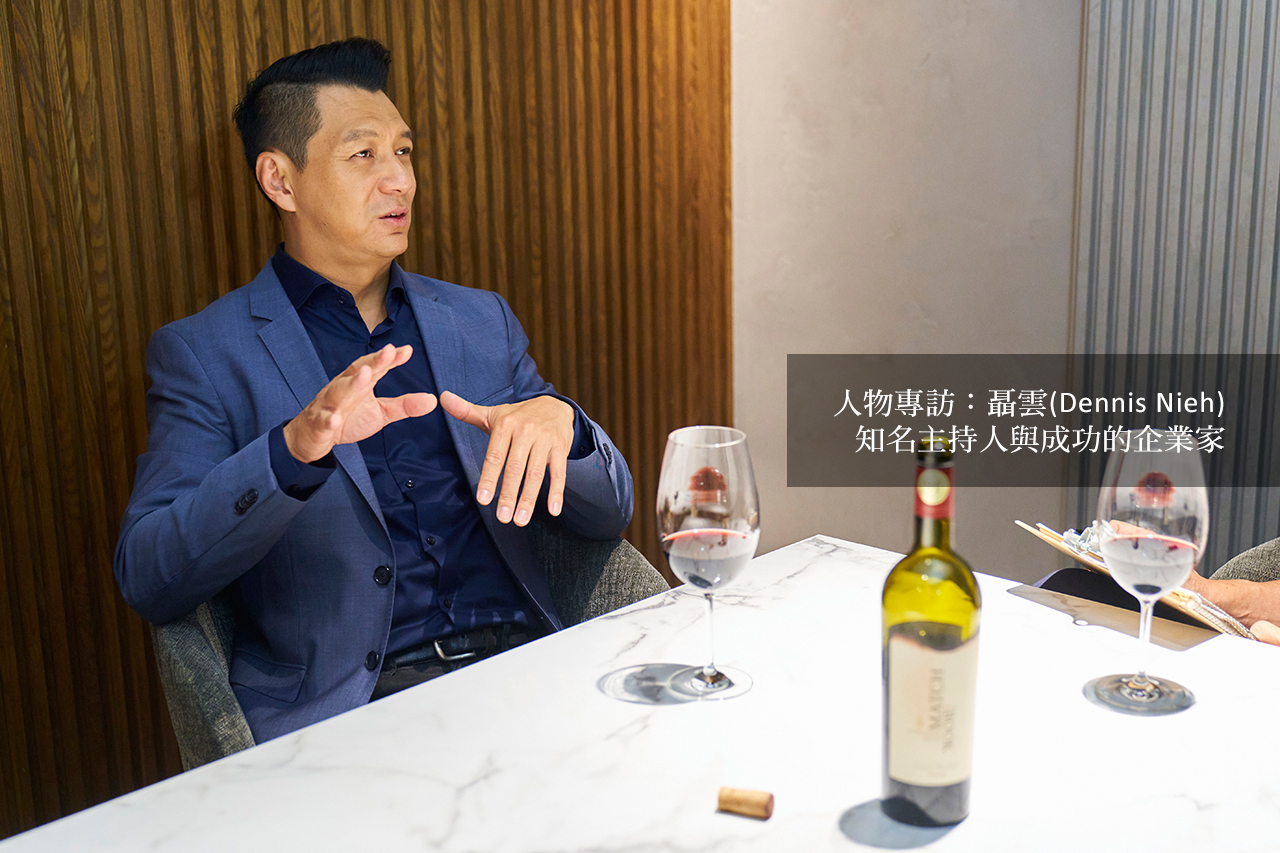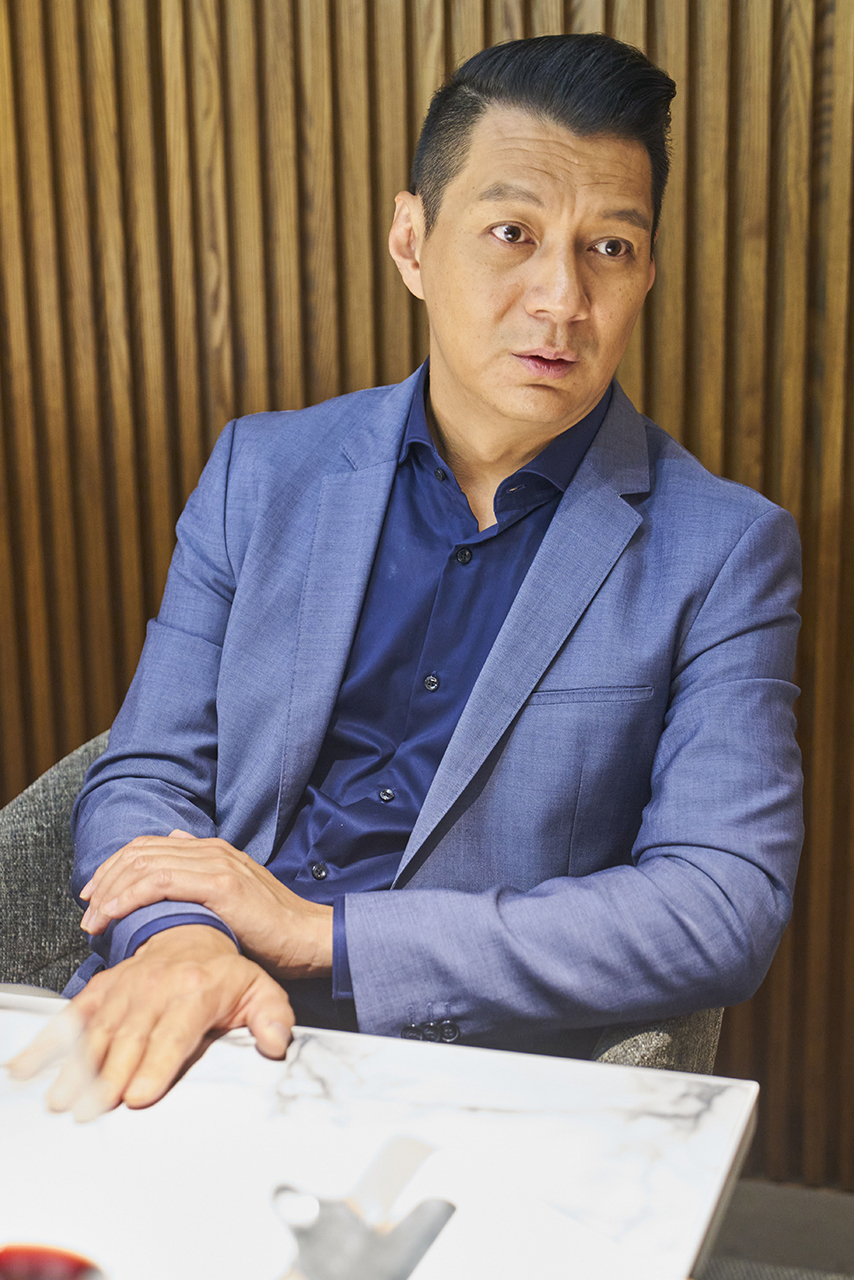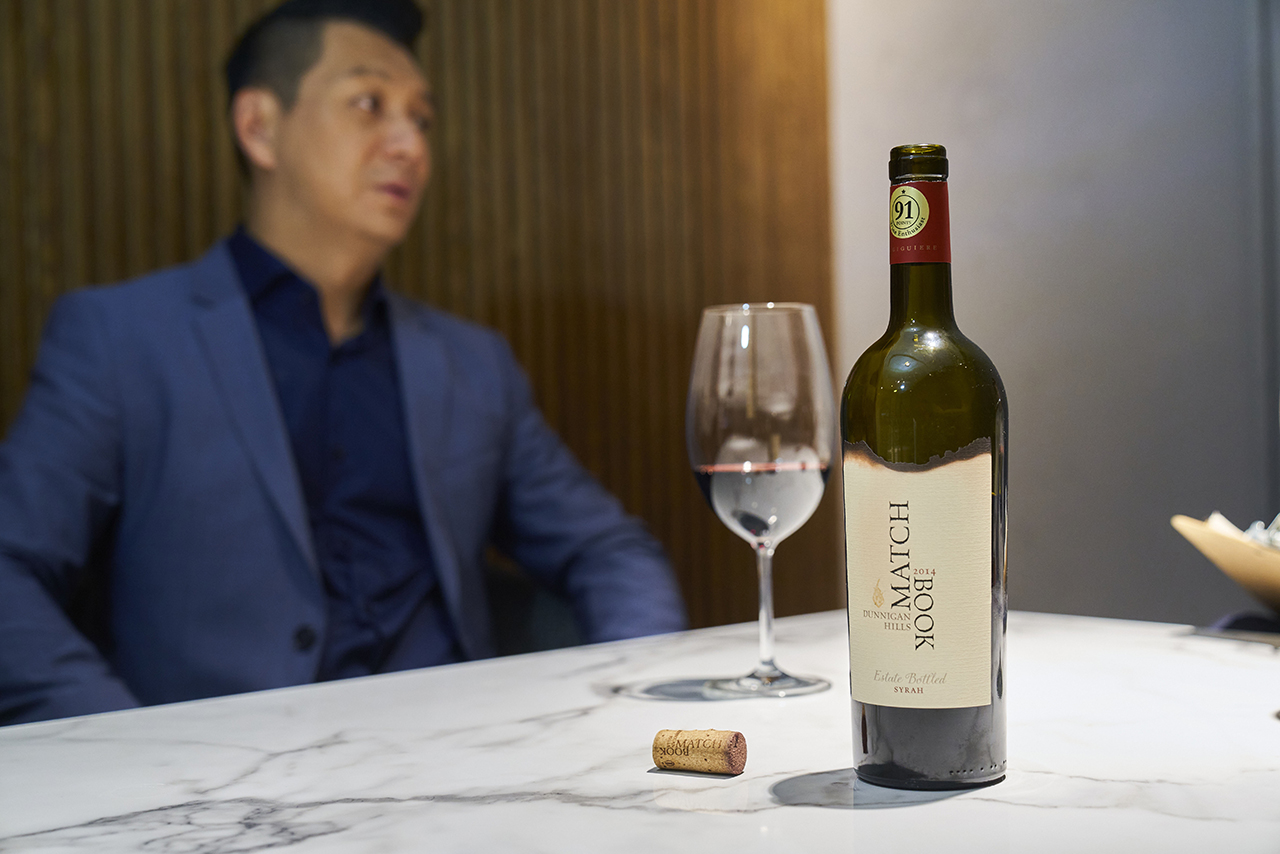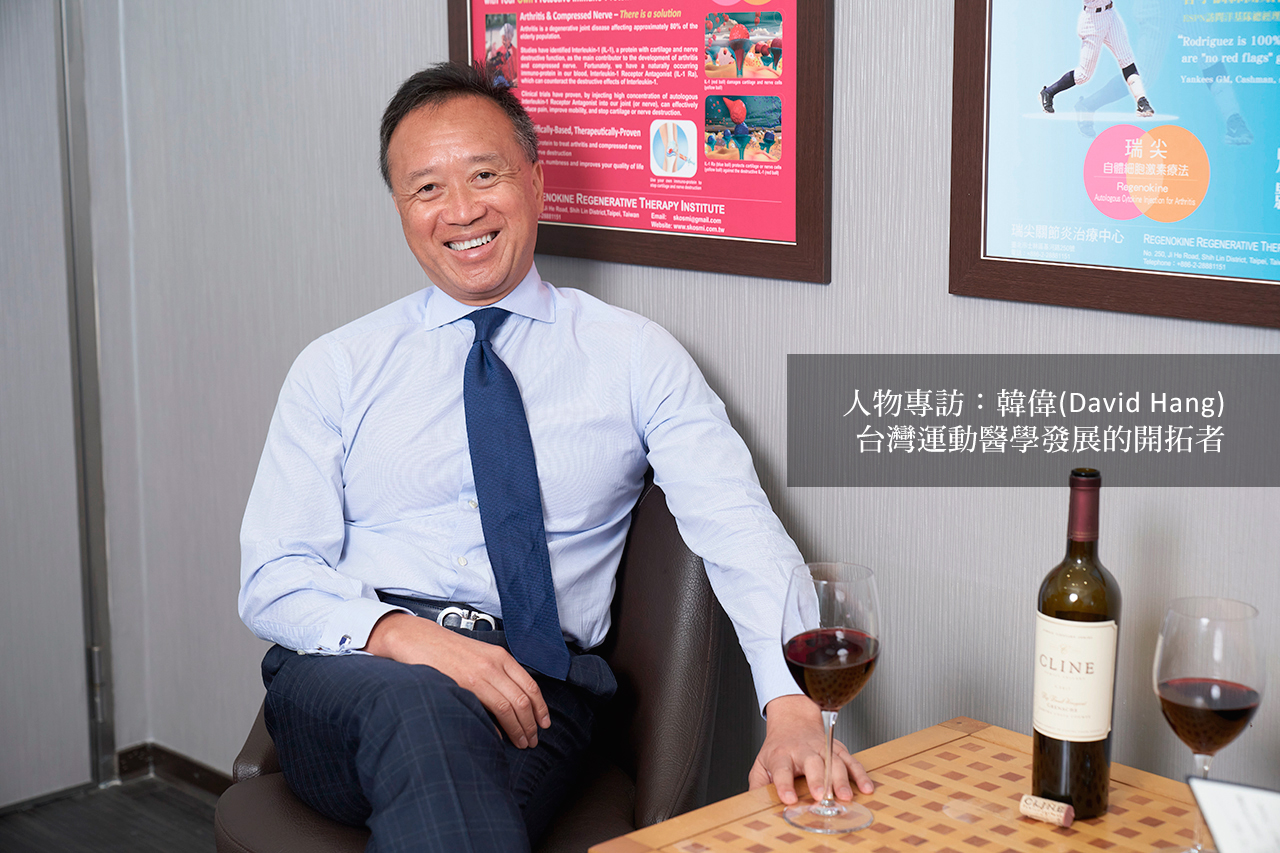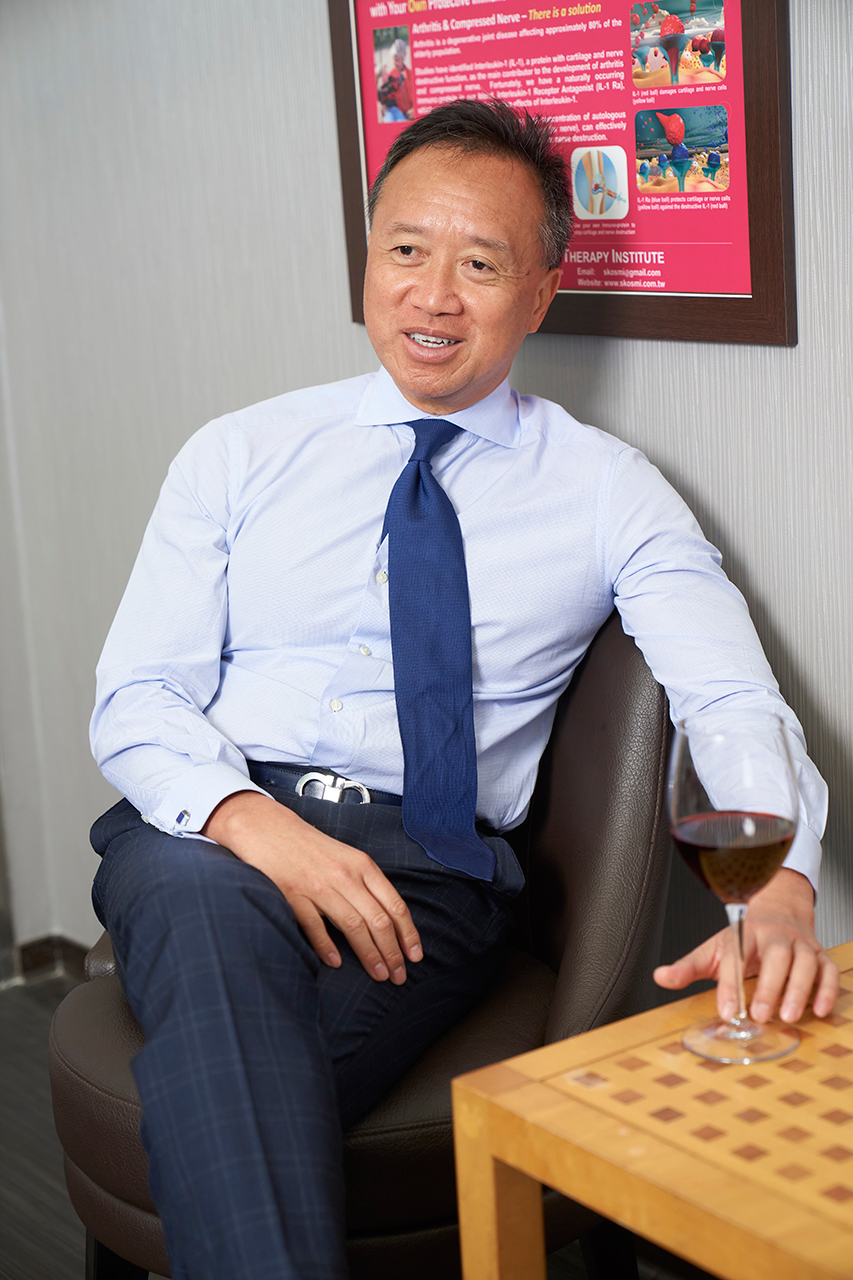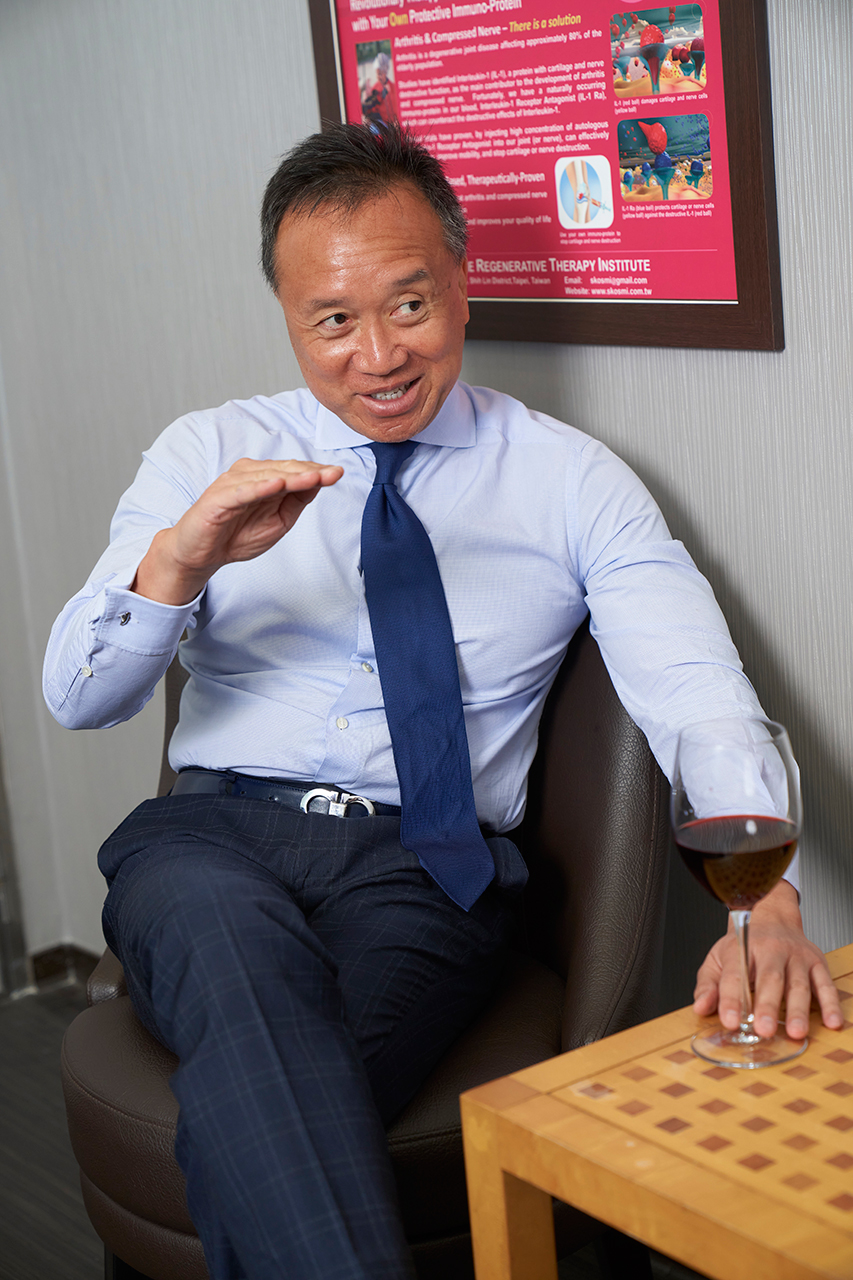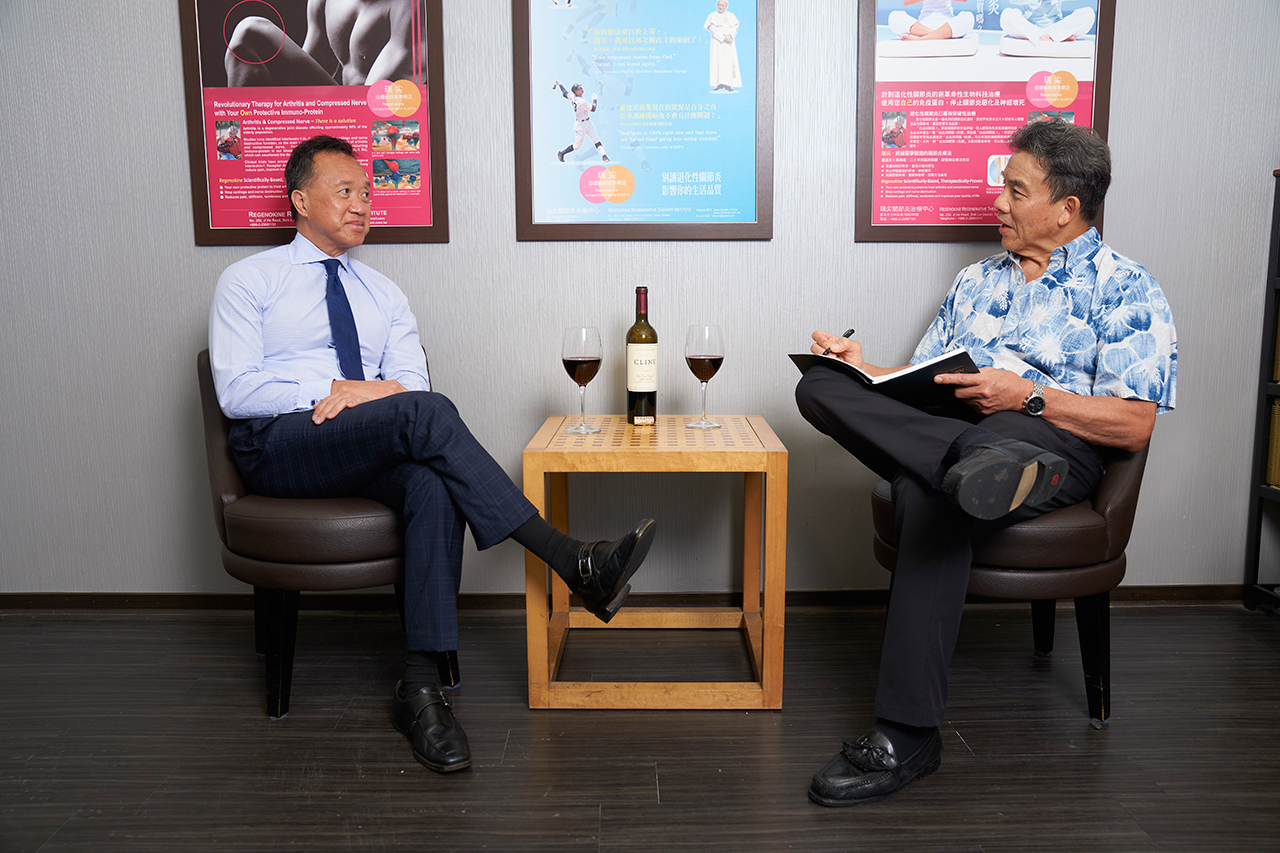人物專訪:Sheila Chuang 鍾愛藝術與音樂的銀行業先驅 Interview with Sheila Chuang, Bank Executive
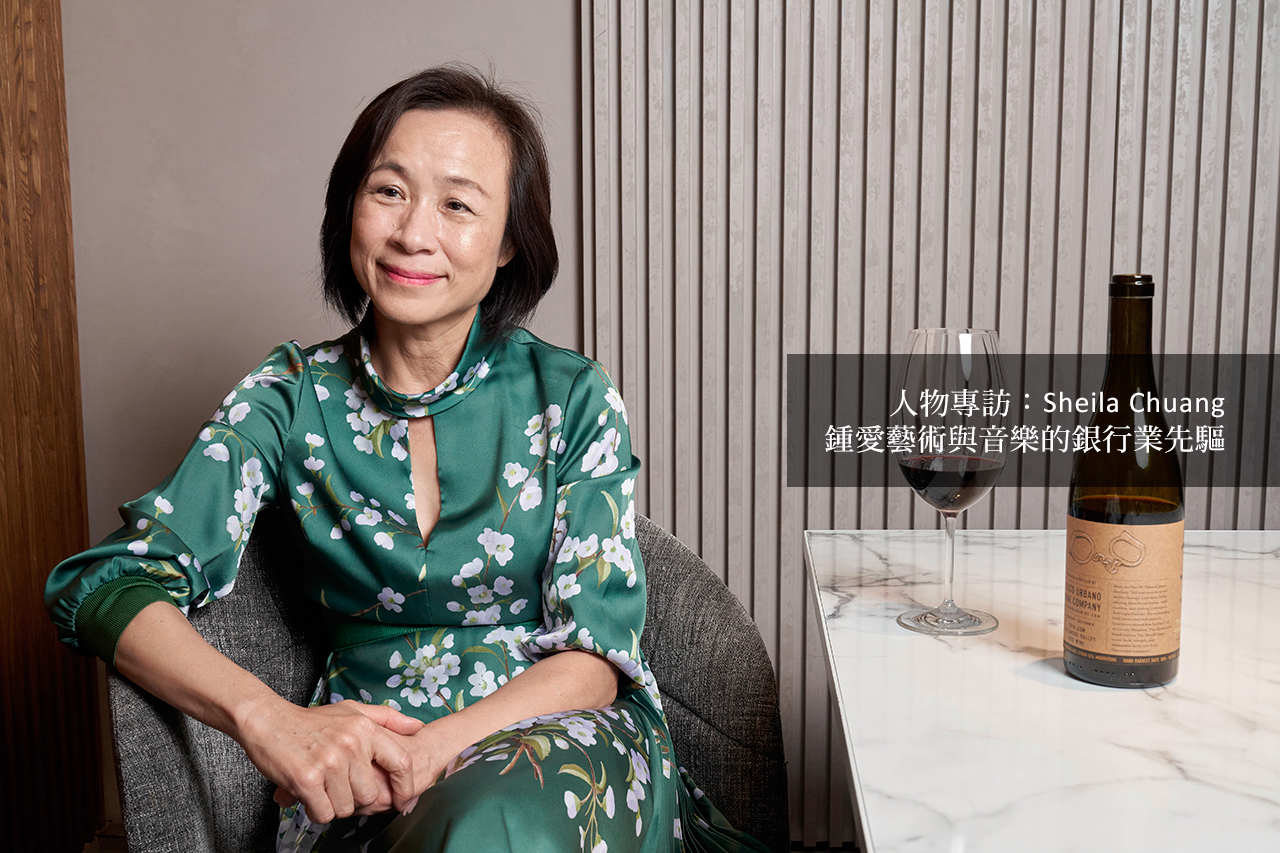
從第一眼看過去,台北富邦銀行執行副總經理兼高端 客群平台總督導莊慧玫(Sheila Chuang)散發著商界高管人士所具備的自信與風度。但是,隨著採訪逐漸深入,我們發現她不僅才華橫溢,更興趣廣泛。
“請告訴我們您的早年生活”
莊慧玫在台灣文化最為豐富的城市-台南市出生和成 長。她的父母都是老師,父親是小學校長,母親早年是小學老師,她上面還有兩個哥哥、兩個姐姐。從小學時代起,慧玫就是一個善於表達的領袖人物,並多次擔任班長。她從來不是一個害羞的女孩,相反的,從小就 十分外向、喜歡與人互動、時常為同學們組織活動, 並多次在演講比賽中拔得頭籌。實際上,慧玫坦言, 她很喜歡在舞台上表演或演講。她從小也十分熱愛音樂,上小學時,慧玫是學校樂隊指揮。當年,她在台南的家鄉是一個農田圍繞的小村莊,幾乎所有村民都來自同一個莊氏家族,其起源可以追溯到 300年前,他們的祖先跟隨中國福建著名的鄭成功將軍穿越台灣海峽,擊敗當時在台灣的荷蘭駐軍。慧玫記得自己成長時是個自由跑跳的鄉村女孩,這也使她得以發展體育方面的才能,並成為了學校體操隊的一員。另一方面,在父母的影響下,她自小就熱愛藝術、音樂和文學。自台南女中以優秀成績畢業後,她便離開台南到台北,就讀國立台灣大學工商管理學系。
在台大就讀期間,慧玫除了學習商業領域以外,還深受表演藝術(演戲)吸引,甚至一度夢想未來朝這個方向發展。大學畢業後,由於慧玫有家人住在美國紐澤西州,她便決定前往紐澤西州的州立大學¬-羅格斯大學(Rutgers University)攻讀MBA學位。住在紐澤西州的優點之一就是它與紐約市距離十分近,讓慧玫在課餘得以時常流連紐約欣賞各種表演藝術、歌劇和電影。當年(1987-1989年)紐瓦克(Newark)校園附近與紐約市區治安極差、生活環境複雜,藝術成了重要的快樂與療癒來源。 曼哈頓市區格林威治村、蘇活區等地的波希米亞異國藝術文化更深深吸引著慧玫。過去這些經歷對於她目前在台北的生活皆產生了許多深遠的影響。在從事銀行業30餘年的同時,慧玫也在台灣最具代表性的表演藝術團體-果陀劇場擔任運營董事至今超過十年。
慧玫有兩個成年子女–一個兒子和一個女兒。
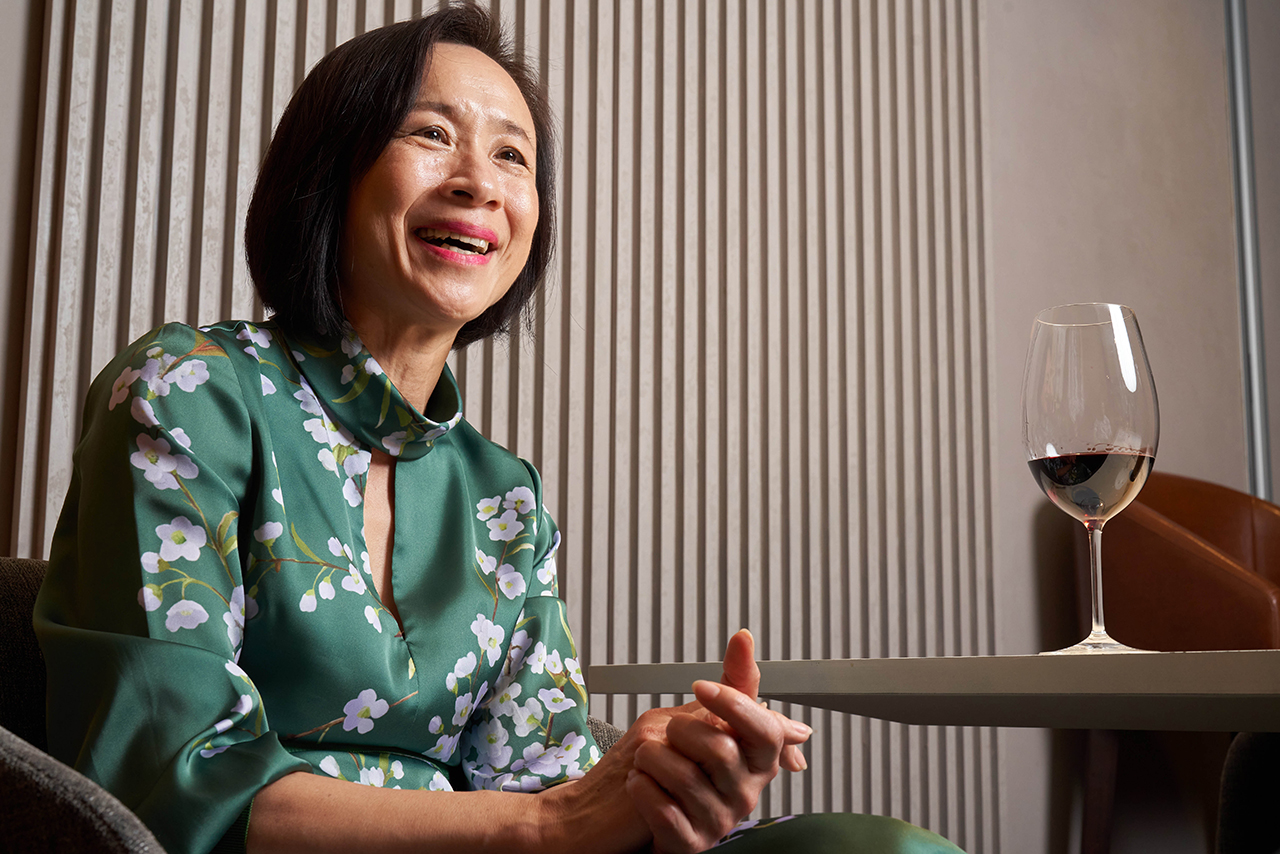
“您是如何開始從事銀行業的?”
在獲得 MBA學位後,慧玫回到台灣開始了她的銀行業生涯。她回台灣加入的第一家銀行是法國百利銀行(Banque Paribas,該銀行後來於2000年與巴黎國民銀行BNP合併,成為法國巴黎銀行BNP Paribas)。慧玫描述,「那是台灣銀行業開始大步起飛的年代。從1990 年至 2000 年的 10 年中,這個行業充滿各種新契機,能夠跟著銀行業務創新成長令我時時充滿興奮。對於一個初出茅廬的銀行家來說,能參與各種市場首創,這種機會實在太難得了。此外,這個工作也帶來不錯的所得,足以支持我對音樂和藝術的熱愛。」
在法國百利銀行的十年,另一大收穫是多次出差至法國,讓慧玫開始學習及欣賞精緻的美酒、美食、親炙藝術。當2000年百利銀行與巴黎國民銀行合併在即前,她選擇離開,加入台灣花旗銀行。
有關慧玫銀行家生涯,令人驚訝的是,她一開始並沒特意計畫,只想隨性做幾年看看,但她所具備的組織能力和藝術家個人特質,似乎反而讓她能在這行業中脫穎而出。在主管眼中,她總是能以極高的標準完成工作,並廣受客戶喜愛。因此她的職涯一路順利升遷,竟然不間斷30年成為資深銀行家。
2000年下半年慧玫加入台灣花旗銀行商人銀行處,負責建立新的併購財務顧問與海外可轉換債業務。這 對她是一個挑戰,因為當年商人銀行或是投資銀行業在台灣還在萌芽期。這些經驗的累積奠定了接下來慧玫在投資銀行業超過10年的發展基礎。
2003 年,她與一大批前花旗銀行同事一起跳槽到中國信託銀行,負責該行的投資銀行業務。慧玫回憶 說,這個事件可是台灣銀行業的歷史大事,眾所矚目,令人興奮但處處充滿挑戰,也很辛苦,為了快速建立業務,每天得維持長時間的工作方式。後來證明這一群的銀行家為台灣銀行業開創了新歷史。繼中國信託之後,慧玫受邀加入巴克萊資本開設台灣分行,並擔任其投資銀行業務負責人長達7年。2013年元月到2018年底,她加入台灣渣打銀行擔任企金業務負責人。 2018 年 11月,慧玫應台北富邦銀行的邀請建立新的高端私人銀行業務-“高端客群業務平台”。從那時起,她持續擔任執行副總經理兼高端客群平台總督導,同時負責台北富邦銀行的投資銀行業務。
“簡單來談談您對台灣銀行業的看法?”
慧玫提到,台灣的銀行業很有希望成為亞洲地區的另一個樞紐,以台灣市場之有限規模,竟然有超過38家,銀行的密度幾乎全球最高,但所有銀行都能盈利且資本充足,足見台灣銀行業在管理業務和控制風險方面已經相當成熟。但是做為一個小市場並因應政治上的考量,必須管控式的開放,以維持金融市場的穩定性,防止資金的大幅進出。她指出,新加坡相對彈性靈活,香港因國安法造成動盪時,新加坡馬上積極採取行動,從香港接收大量的資金。台灣則採取較為審慎有序的方式,引導海外資金匯回。除了追求利潤之外,台灣的銀行也越來越關注與永續投資(ESG 風險)相關的 問題(環境、社會與公司治理),這對台灣及其下一代至關重要。
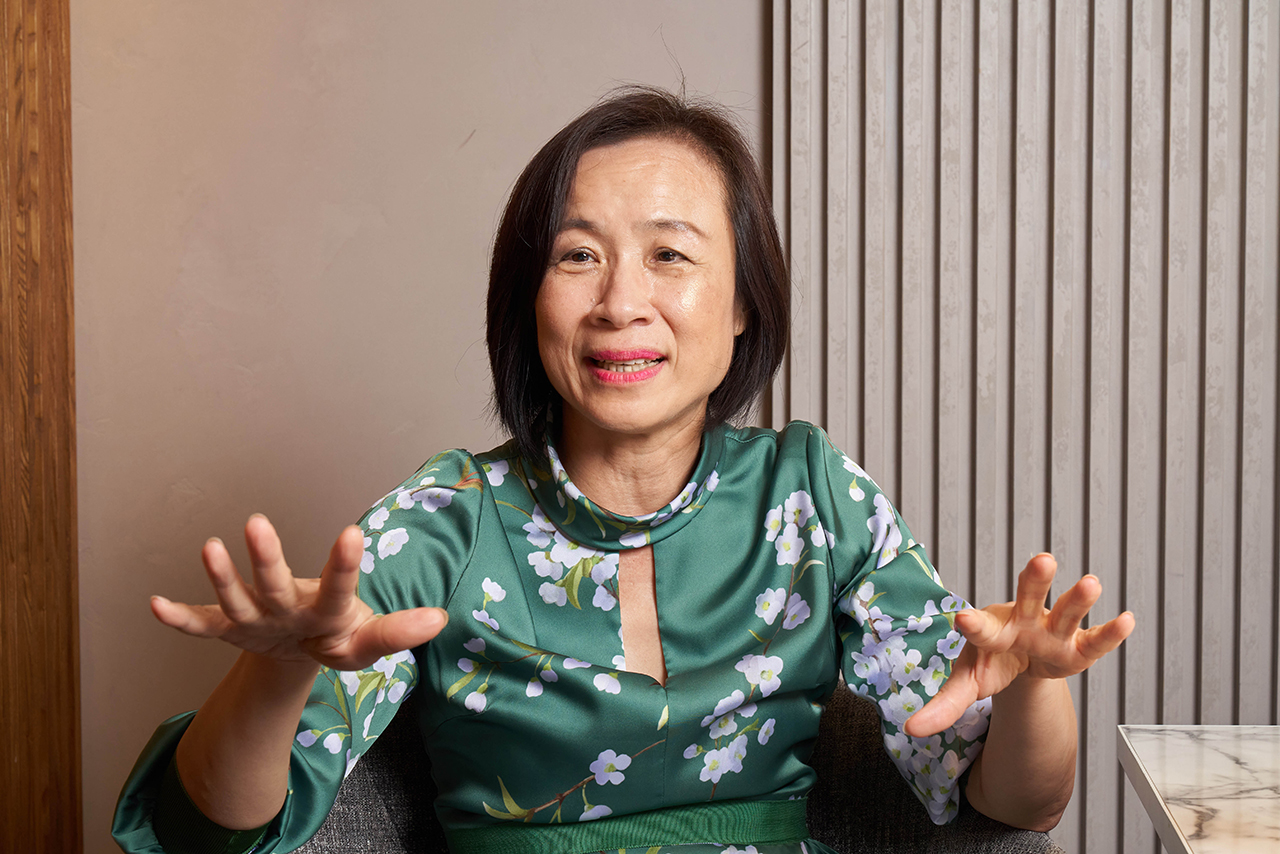
“您對考慮從事銀行業的年輕人有何建議?”
在我們深入探討這個問題之前,慧玫提到她在過去的 4 年中一直是台大財金系萌拓學堂mentoring program的師傅之一,她每學年指導 2名學生即將離開校園步入社會的大學生規劃人生,因此她也是給予這類建議再合適不過的人選。她本人仍然活躍在許多校友活動社團中,這些社團為她與昔日同窗提供了同樂、互相關懷和凝聚向心力的機會。她很享受「為他人創造機會」。以下是她對於年輕人的幾項主要建議:
1. 誠實了解自己–你的興趣是什麼?你擅長什麼?哪些學 科讓你有繼續深入學習的熱情?
2. 謙虛學習永遠好奇–正如人們所說,天生的天才很少,但是實際上「天才= 10%的靈感和 90% 的努力」,即便如此,也沒有保證!
3. 掌握機會盡你所能
4. 激發熱情追求夢想
她認為,銀行業有許多吸引人年輕人的地方,例如銀 行業是百年行業,總是需要不斷補充新血以世代傳承,因此會有很多工作機會; 銀行業是一個非常龐大的組織,需各種不同性格和特質的從業者,只要你有才幹並願意努力,每個人都可找到發揮的空間。再者,由於銀行業是受到嚴格監管的環境,因此任何新手都有機會在這個有制度的環境中學習到可貴的專業經驗。最後,目前在銀行業中最重視的人才是(1)勇於挑戰不熟悉的事物並靈活應變出解決方案,以及(2)樂於提供優質的客戶服務。
我們的採訪很快就來到了尾聲,非常高興能有機會與莊慧玫女士交流,她絕對是台灣銀行業成功的領者!
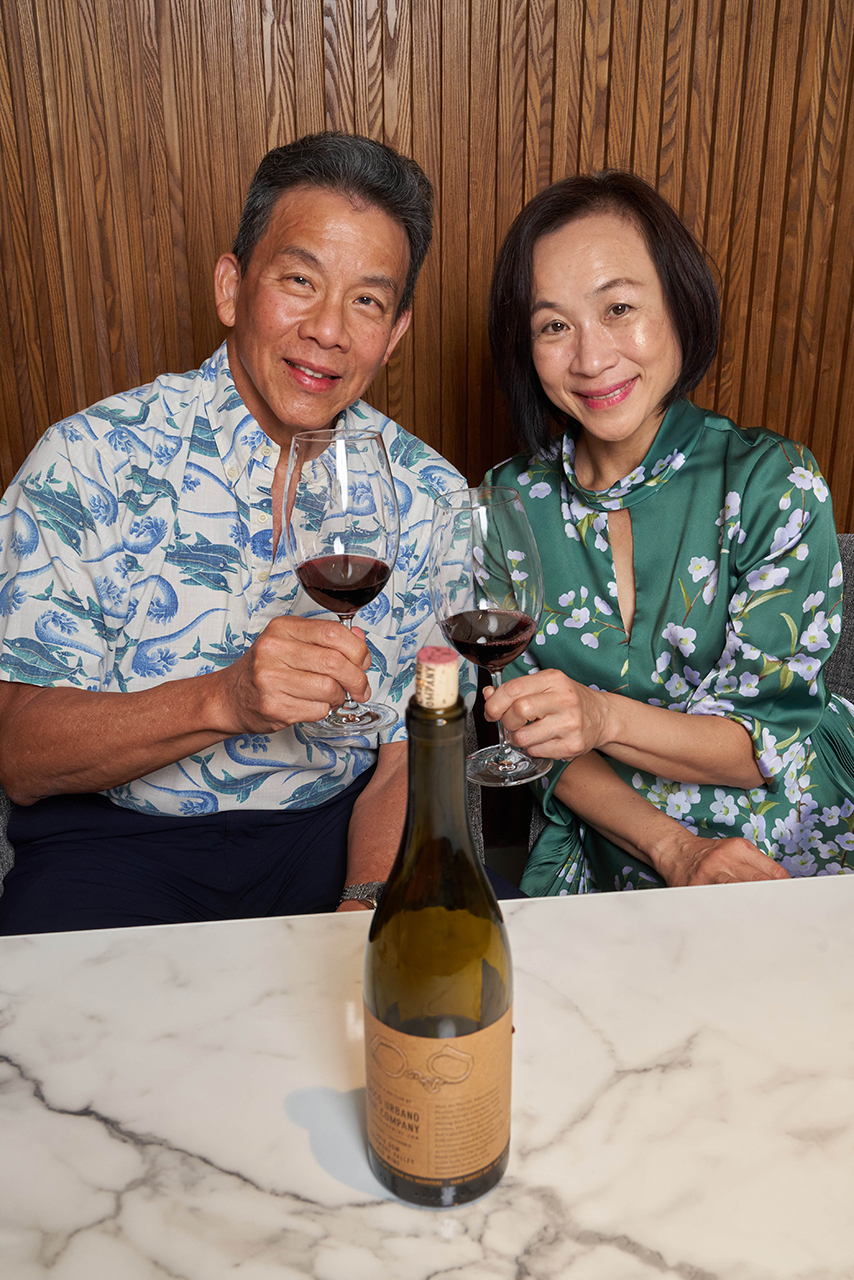
A Private Banking Pioneer with Diverse Interests in the Arts & Music – Sheila Chuang
Upon first impressions, Sheila Chuang, Managing Director & Chief Exclusive Banking Officer of the Taipei Fubon Bank, exudes the confidence and poise that you would expect from someone in such a responsible position. However, as we proceed into our interview, it becomes obvious that Sheila is quite talented with many diverse interests.
“Please tell us about your early life.”
Sheila was born and raised in Tainan, Taiwan, probably the most cultural city in Taiwan. Her parents were both educators – her father was a primary school principal, and her mother was a primary school teacher. She has two older brothers and two older sisters. From her early days in primary school, Sheila was a leader – quite outspoken, and usually the class leader. She can never remember being a shy girl, always outgoing, personable, organizing activities for schoolmates, and a frequent winner of speech contests. In fact, Sheila admits that she rather enjoys being on-stage performing or making presentations; she loves music. When she was in primary school, Sheila was selected as the Student Director of the School Band. Her home town of Tainan was a small, country town, surrounded by farms in those days. Nearly all of the villagers were from the same Chuang family, with its origins dating back some 300 years, to when their ancestors followed the famous General Koxinga from Fujian, China, who crossed the Taiwan Straits to defeat the Dutch garrisons in Taiwan. Sheila remembers growing-up as a “free” country girl, which allowed her to develop a talent for sports; she was part of the school gymnastics team. However, her parents influenced her by giving her an early appreciation and love for art, music and literature. After graduating from Tainan Girls’ High School at the top of her class, she left Tainan for Taipei to attend the National Taiwan University (NTU), majoring in business administration.
During her time at NTU, besides studying business, Sheila was further drawn to the performing arts, i.e., acting, and even thought that her career might take her in that direction. Since Sheila had family in New Jersey, she decided to study for her MBA at Rutgers University, in New Brunswick, New Jersey. One of the nicest aspects of being in New Jersey was its proximity to New York City, where Sheila could enjoy performing arts, operas and great movies, when she wasn’t busy with her studies. The joy that Sheila derived from the arts, offset the “less-than-ideal environments” near the campus area in Newark and New York in the period from 1987 to 1989. Sheila was particularly attracted to the artistic, Bohemian cultures found in the neighborhoods of Greenwich Village and the SoHo in lower Manhattan. All of these experiences have had a great impact on her current life in Taipei. While she has dedicated more than 30 years of her career to banking, Sheila has also been the Operational Adviser to the Godot Performing Group, Taiwan’s top performing arts group in Taiwan over the last 10 years.
Sheila has two young adult children – a son and a daughter.
“How did you start your career in banking?”
Upon achieving her MBA, Sheila came back to Taiwan to start her career. Paribas, which in 2000 merged with BNP to form BNP Paribas – the leading French bank – offered Sheila her first job in Taiwan. As she relates,
“Various opportunities in Taiwan banking were just taking-off. I was quite excited to participate in the pioneering wave of various new banking practices during the 10-year period from 1990 to 2000. The opportunity to achieve the first deals of their kind in Taiwan was just “too good” to pass up as a fledgling banker. In addition, the financial package offered by banking could support my love for music and the arts.”
It was from her experience with Paribas, that she was able to learn about and begin to appreciate fine wine, and refine her palate, with respect to wine and food pairings, during her many business trips to Paris for the Bank. She left Paribas in 2000 to join Citibank Taiwan just before the merger of BNP Paribas.
The amazing aspect of Sheila’s career is that she never really planned to be a banker, but found that she had certain organizational skill sets and artistic personality, which set her apart from her peers. Her supervisors could see that she was the person that could “get the job” done to a very high standard and loved by her clients! Her career moves have always been “up the corporate ladder”, in a rapid fashion, with few (if any) missteps.
Sheila’s next employment was with Citibank, Taiwan, where she was responsible for creating new merchant banking business in Mergers & Acquisitions and Euro Convertible Bonds. This was a challenge as merchant banking was one of Taiwan’s first ventures into international banking. From these experiences, Sheila’s direction and expertise in the development of “investment banking” was set. She spent 3 years with Citibank.
In 2003, together with a large group of ex-Citi bankers, she moved to the Koo Family owned Chinatrust Bank to develop investment banking franchise. Sheila recalls that this was extremely challenging but exciting work, as with consistent overtime requirements. However, the determination of this group achieved groundbreaking history in the Taiwan Banking industry. Following Chinatrust, Sheila moved to Barclays Capital, when the Barclays launched their Taiwan Branch. She was the head their investment banking for 7 years. In 2012, Sheila went on to lead Standard Chartered Bank Taiwan’s corporate banking business, also for 7 years.
In November 2018, Sheila was invited by Taipei Fubon Bank to build a new private banking business, under the title “Exclusive Banking”. She has been the Managing Director and Executive Exclusive Banking Officer since then. She is also in charge of the investment banking business for Taipei Fubon Bank
“In layman’s terms, what is your outlook of the Taiwan Banking Industry?”
Sheila mentions that Taiwan banking, with respect to international banking, has a bit of a self-imposed conflict, that is tied into a comparatively small but “over-banked” market, together with a delicate and sensitive political environment. Everyone acknowledges that the “heavy hand” of the PRC in Hong Kong has created some opportunities for banks in the East Asia region. Ideally, Taiwan banks would like to be another regional hub for international banking in East Asia, but conversely, Taiwan needs to face political realities, and must open slowly in order to maintain control of the NT dollar and related transactions, while not being overwhelmed with incoming Mainland Chinese funds. She states that Singapore has been the fastest to react to the instability of Hong Kong, and attract International funds, that would have otherwise been invested in Hong Kong. Additionally, the PRC is no longer the inexpensive destination for industrial investments that it once was in the ‘90s and early 2000s. To Taiwan’s credit, with nearly the highest density of banking per population, all 38 Taiwan banks are profitable and capital adequate, which is a testament to the fact that Taiwan banks are mature enough in managing their business and controlling risks. The PRC and the COVID-19 pandemic haven’t really had an adverse impact on Taiwan banking so far. In addition to pursuing profits, banks in Taiwan are also increasingly focused on ESG Risk-related issues (Environmental, Social & Governance risks), which is very positive for Taiwan and its next generations.
“What is your advice to Young People who may be considering Banking as their career path?”
Before we delve into that question, Sheila advises that she has been part of a Student Mentoring Program at NTU for the last 4 years, where she mentors 2 students for a semester, so she is the appropriate person to ask. She herself is still active in many alumni activity clubs, which provides opportunities for recreation, self, development and camaraderie amongst her old schoolmates. She enjoys “creating opportunities for others.” The following are the key ideas that she wishes to advise young people:
1. Understand yourself – What are your interests? What do you excel at? What subjects give you the passion for learning more?
2. Get a good education and study diligently – As they say, there are few natural-born geniuses, but in actuality “Genius = 10% of Good Ideas and 90% of Hard Work and Effort” – and even then, there is no guarantee!
3. Recognize and make the best use of Opportunities presented to you.
4. Passion makes thing happen!
She feels that there are many attractive aspects of Banking that a young person should consider. There will always be a need for bankers, so there are many jobs available. There are bankers of every personality and character type; the banks are such large organizations, that there is room for everyone, as long as you have some talent and are willing to work hard. Since banks are highly regulated environments, any novice in the banking business will have opportunities to learn things that will be useful and employed immediately, as this is a “hands-on” environment. Finally, of the greatest important in the banking industry are (1) the flexibility and a willingness to attempt things that you may initially be unfamiliar with, and (2) a sincere desire to provide good customer service – after all banking is a service industry.
Our interview has flown by quickly, but we are so pleased to have an opportunity to chat with Ms. Sheila Chuang, truly a leader in Taiwan banking!

